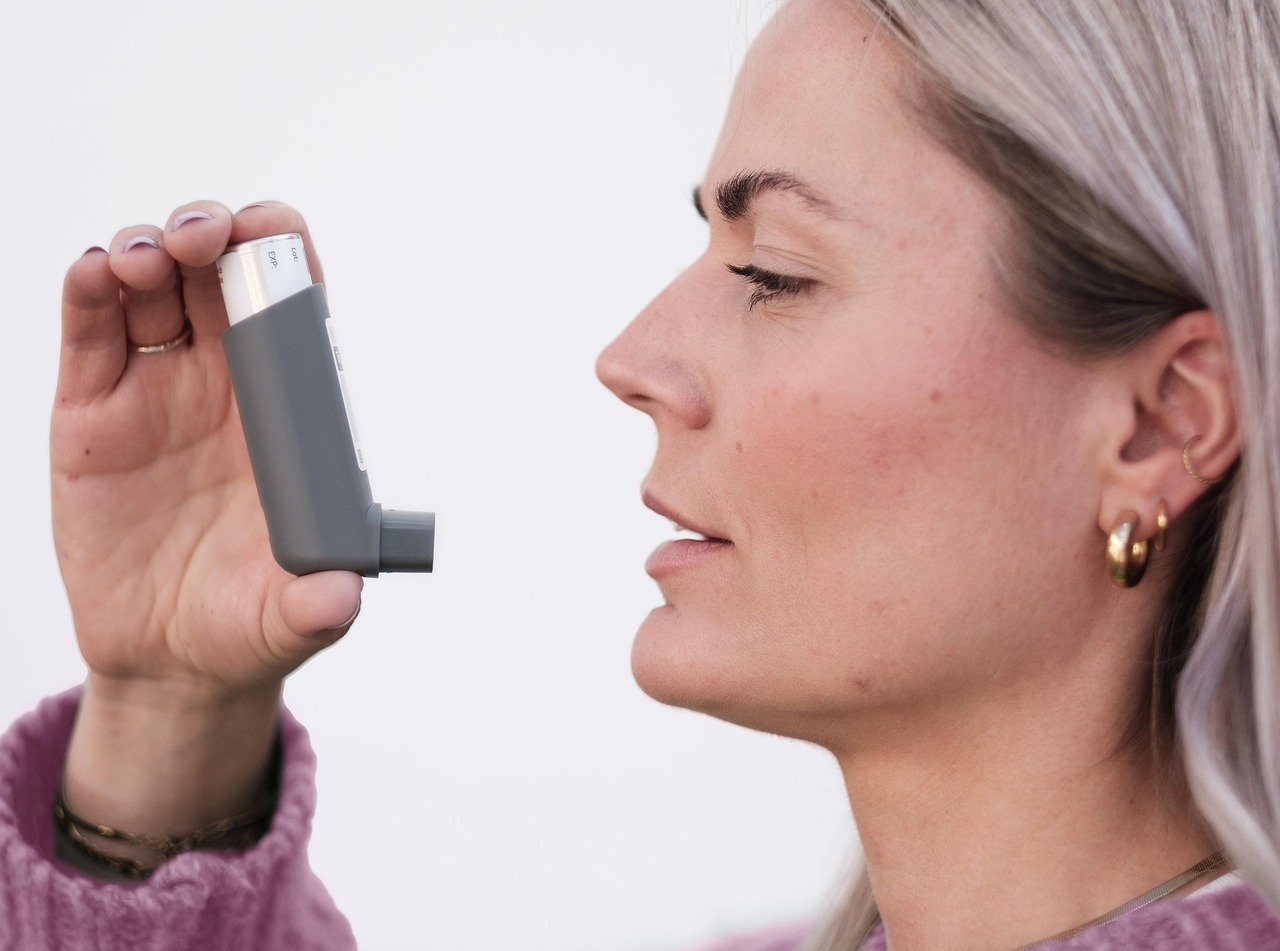People who haven’t had an opportunity to participate in a clinical trial themselves are often unsure about who is eligible for clinical trials. Since every trial has its own goals and purposes, the inclusion criteria aren’t the same for all clinical trials. Many trials will require people with specific conditions or perhaps of a certain age or gender.
In this guide, you’ll learn more about the criteria that clinical trials tend to use when screening potential participants. We’ll also take a closer look at three of the most common elements that will be important criteria in clinical trials, including health status, age and medical history. You’ll also learn more about how you can become a volunteer and participate in a clinical trial.
Who can participate in a clinical trial?
Every clinical trial has a set of rules that it uses called the eligibility criteria. This is sometimes also called the inclusion criteria and explains more about who the ideal candidate is for a clinical trial.
When screening begins for the clinical trial, the researchers involved in this process will be strict in terms of ensuring every participant chosen for the trial perfectly matches the eligibility criteria for that specific trial.
Apart from inclusion criteria, there are also exclusion criteria that the trial’s organisers will need to keep in mind. This may include excluding participants who have a specific co-occurring condition or perhaps when the disease the trial will focus on is already well controlled.
It’s important to remember that clinical trial participants remain volunteers. Even after going through the screening process and being selected for the trial, you still have the option to decide whether you want to proceed.
Can I take part in a clinical trial?
If you want to know whether you can participate in a clinical trial, then you need to understand what the criteria of the study are. This won’t be exactly the same in every study.
Let’s take a closer look at the main factors you’ll need to consider if you’re wondering whether you can take part in a clinical trial.
health status
Your current health is a very important aspect. If you have existing conditions, then it’s important to understand the risk of potential interactions with the medications you take to manage these diseases. Even though a trial may require people with a specific disease, having co-occurring conditions can increase the risk of adverse effects when you participate in the study.
age criteria
Your age will also be an important criteria point when it comes to determining if you can enrol in a clinical trial. You’ll usually be able to determine the age range that the study is looking for by taking a closer look at its datasheet.
medical history
You also need to consider your medical history. Staff members are likely to review this with you when you attend a screening to see if you’re eligible for a specific study. Apart from presenting the clinical trial organisers with this information, you should also talk to your doctor about your medical history and the potential risks that may arise if you decide to enrol in a specific clinical trial.
What are the requirements to do a clinical trial?
Apart from your health, medical history and age, there are other clinical trial requirements that you should not overlook. These are requirements that you will need to meet if you want to participate in the trial. Some of these requirements remain active once the trial has started, such as ensuring you follow the protocols that the researchers described to you during the study’s initiation.
informed consent
It’s important to understand that you won’t be able to be a part of a clinical trial without giving informed consent. This type of consent means you’ve been given all of the details you need to completely understand the trial. Once you have all the information, you agree that you’re making an informed choice. This is a legally binding contract that you sign with the trial organisers, so make sure to read through the document thoroughly.
health screenings
You’ll also need to pass certain health screenings as part of the recruitment process. These screenings are important to ensure you fall within the criteria that the organisers of the clinical trial have set out. Health screenings can also ensure the staff involved with the clinical trial detect any potential medical problems that may interfere with the study or increase the risk of side effects.
adherence to protocols
It’s also vital to ensure you adhere to the protocols that were established when the trial started. This may include taking medication or using a medical device in a certain way. You may be advised to make changes to your diet, activity level or other elements related to your lifestyle. Adhering to all of these protocols helps to ensure the accuracy of the data researchers collect during the clinical trial period.
Should I participate in a clinical trial?
Whether you should participate in a clinical trial really comes down to your own preferences, which is why it’s so important to make sure you have as much information as possible. If there’s a clinical trial you’re interested in, get brochures and read what it’s about. See if you can do some research on the drugs, procedures or medical devices that will be used during the study.
It’s important to understand whether the clinical trial is safe, the potential side effects you might experience, how the trial is designed and how your participation will help.
You are ultimately the one who will need to make a decision. An informed decision can help you feel more confident in your ability to evaluate a clinical trial and decide whether to enrol.
If you have any doubts at all, it’s really important that you talk to your healthcare provider. They can help you better understand where you’ll qualify for the trial and shed more light on the potential risks you may face if you decide to participate.
How to volunteer for a clinical trial?
The qualifying criteria for clinical trials vary, but there are some areas where they are similar. If you’re looking to volunteer, it’s important to understand the age, medical history and health status criteria that the clinical trial’s staff members will use to screen for participants. There are also certain requirements that you’ll need to follow. In the end, it’s a great opportunity to make a contribution to the medical industry, but you need to make sure all your questions are answered. FluCamp can help you identify the best clinical trials that you’ll be a fit for. You can also contact FluCamp if you have any questions before you consider participating in one of these clinical trials.
















